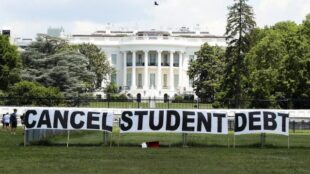Lasting Effects of Prohibition
(Source) America as a nation has a long and intertwined history with alcohol as the pilgrims relied on beer for a sterile drink in the same way that the founding fathers did days before signing the Constitution. The alcohol industry and attempts to regulate it have led to rebellions, prohibition, and a Supreme Court ruling. As attempts to regulate the lucrative and profitable industry continued and have given rise to multiple sets of rules, the industry and its many consumers have experienced many changes along the way. The largest and most well-known of the changes was prohibition, brought forth by the 18th Amendment as a result of the temperance movement. While the success of prohibition was limited, the eventual repeal gave rise to the modern system today. The 21st amendment repealed the 18th amendment and allowed states to determine how they would handle liquor distribution. As states now had specific authority to control different aspects of alcohol rules, the system became more complex with different laws, as seen in Pennsylvania compared with a state like New Hampshire. With the myriad different laws making it confusing for customers, manufacturers, and distributors the efficiency present in a direct system disappears. The three [read more]










